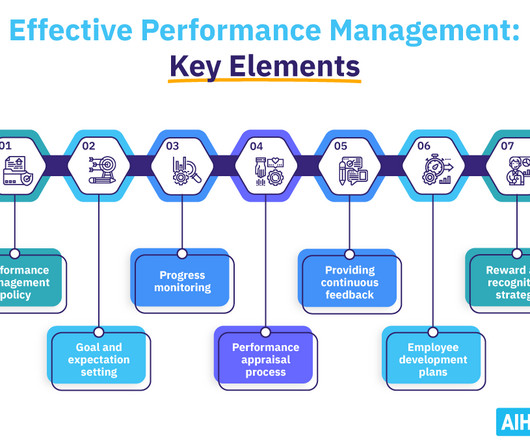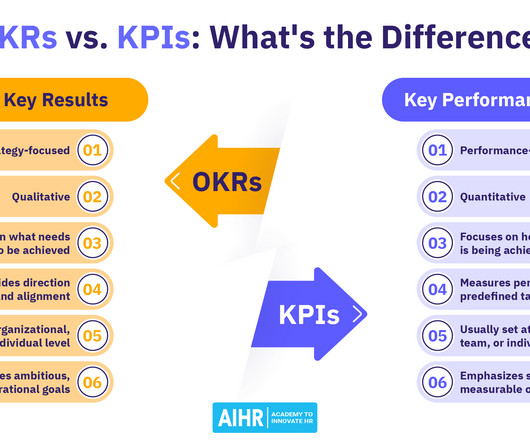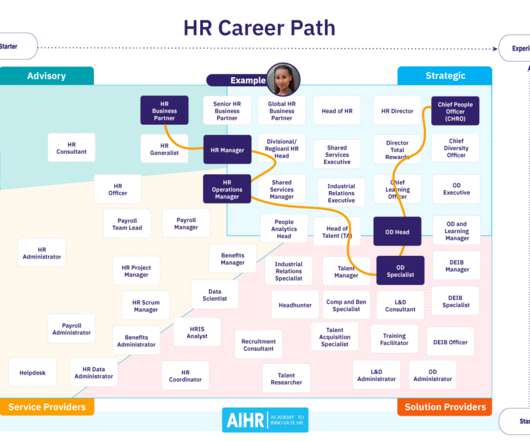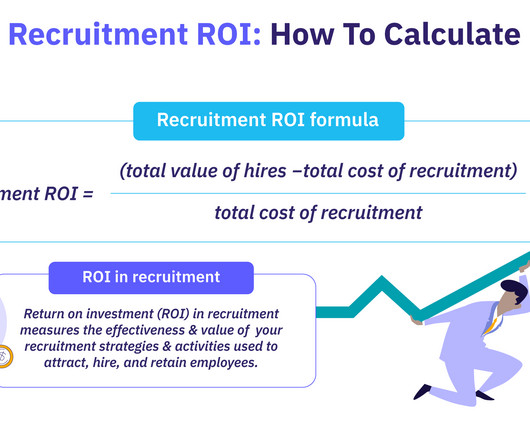What Is Performance Management? The Complete Guide
AIHR
MARCH 3, 2023
Effective performance management helps organizations ensure that employees understand their roles, receive constructive feedback, and have the support they need to achieve their goals and business objectives. Contents What is performance management? Contents What is performance management?

















Let's personalize your content